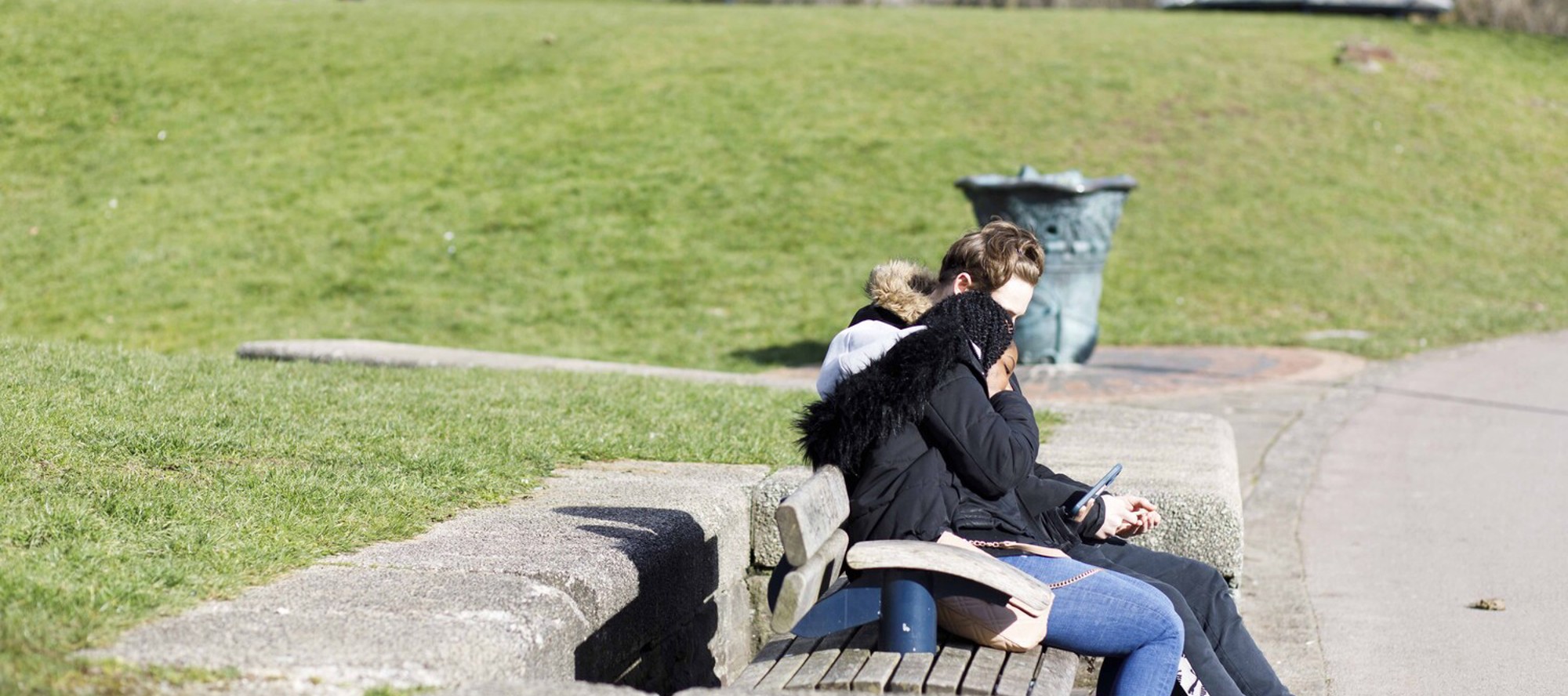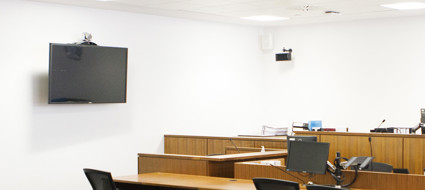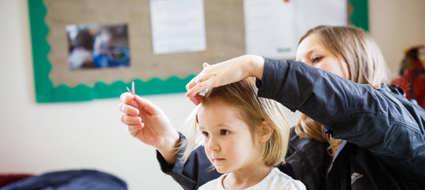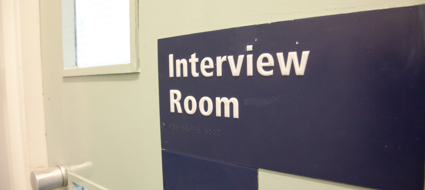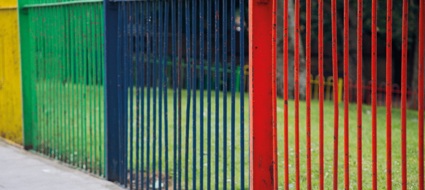Nuffield Family Justice Observatory research (2023) highlights concerning experiences for children who are subject to deprivation of liberty orders in England and Wales.
Why was this research carried out?
In England and Wales, responsible authorities can deprive children of their liberty in the event the purpose is to keep them safe, where there are youth justice or mental health concerns. In these circumstances, the following settings can be authorised without intervention by the court:
- secure children’s homes
- secure training centres, and
- mental health in-patient wards.
However, in the event, a placement cannot be found in these settings, because the child’s needs are complex or because there simply is not enough provision to meet the child’s needs, the High Court can use powers under the inherent jurisdiction to authorise a deprivation of their liberty in an unregulated placement. The inherent jurisdiction is intended to be used as a remedy of last resort.
In the Supreme Court case Re T [2021] UKSC 35, concerns were highlighted about the increasing number of children local authorities considered to require deprivations of liberty to keep them safe, and the lack of secure accommodation available to do so.
In February 2022, analysis by the Nuffield Family Justice Observatory (Nuffield FJO), found increasing numbers of children were being put before the High Court to be considered for unregistered placements where they would be subject to deprivations of liberty, simply because there was a lack of regulated placements available. Despite the inherent jurisdiction being intended as a remedy of last resort, the High Court experienced a 462% increase in DoL applications under the inherent jurisdiction in the three years to 2020/21 (NFJO, 2022).
The Nuffield FJO research on the legal outcomes of deprivation of liberty applications (2023) has come about to explore this issue in more detail. It is also important because:
'Unlike children held in other settings, children deprived of their liberty under the inherent jurisdiction don’t appear in published administrative data or records. This is a major cause for concern as there is no public record of where they are placed, what restrictions are placed on their liberty, or their outcomes.' (NFJO, 2022)
What were the parameters of the research?
The research, carried out by the Nuffield FJO (2023), is the first national overview of the legal outcomes of deprivation of liberty applications in England and Wales. It centered on a 12-month pilot scheme in which the National Deprivation of Liberty (DoL) Court, based at the Royal Courts of Justice, dealt with all new DoL applications where there were welfare concerns about children via the inherent jurisdiction of the High Court.
Applications analysed in the study were those received by the National Court during the first two months (July – August 2022) of its operation, which subsequently led to legal orders being made up until 31 December 2022. A subsection of 113 children from previous NFJO research looking at the needs of 208 children subject to DoLs applications (2022) were included in the study.
- The legal outcome of applications (whether orders applied for were granted).
- How long granted orders remained in place.
- Where children were placed under DoL orders.
- The nature of authorised restrictions.
- How children’s voice and participation in court proceeding was facilitated.
- What role parent / carers had in proceedings and whether they had access to legal representation.
- The process for reviewing orders.
What did the research find?
Impact on children
DoL orders were granted for 92 percent of children in the study and, whilst these orders are planned to set out temporary arrangements, 68.3 percent were still in place on 31 December 2022.
The research indicated a significant lack of suitable regulated provisions for children experiencing:
- criminal exploitation
- emotional difficulties
- behaviours that were a risk to others, and
- self-harm.
-
Are often subject to severe restrictions, over significant periods of time (on average six different types of restriction were in place for each child, and the use of restraint was permitted in over two-thirds of cases. On average three orders were made in each case for a month at a time).
-
Are often placed in unregistered settings, far from home and in unstable settings (over half were placed in at least one unregistered placement and on average 56.3 miles from their home).
-
Have limited opportunities to formally participate in proceedings and have their voice heard (only ten out of 104 children attended one or more hearings, only five spoke to the judge directly before the hearing and only six wrote to the judge to share their views).
-
Were, in 15 percent of cases, not appointed a Cafcass guardian at the first hearing, (frequently due to short notice applications or delays making children party to proceedings).
Impact on parents / carers
Although parents / carers will automatically be made parties to DoL proceedings, they do not have the same rights to legal aid as they do in care proceedings. The study identified that parents / carers were legally represented for at least one hearing in just 11.5 percent of cases.
The research also found that the views of parents / carers were not included in just under half of cases (47.1 percent).
Cross-cutting concerns:
Concerns were often raised by the court, children’s guardians and parents or carers about a lack of information about the therapeutic and educational services in the orders.
The research highlighted an urgent need to address the shortages in suitable local provision for children with complex needs requiring specialist support. Achieving this will require equal input from children’s social care, mental health services and education as well as significant commitment from local and national government.
In several cases the court:
-
Ordered more detailed care plans outlining:
- arrangements for contact with family members
- how educational needs would be met
- how therapeutic support would be provided
- the qualifications of staff who would look after the child
- behaviour support plans
- how the child’s progress would be monitored.
-
Refused proposed restrictions, often relating to the use of restraint or limits on community access.
-
Ordered the local authority to file an exit plan, detailing how and when the restrictions would be reduced, to share with the child.
-
Ensure staff have skills and information to support children to know their rights and responsibilities.
-
Ensure staff are aware of the circumstances in which they can appoint an advocate to support children to express their wishes and feelings. This may be particularly important where a child has complex needs / communication difficulties. Although an advocate can’t represent a child in court proceedings, there may be a role for them outside of this process.
-
Ensure children are supported at the earliest opportunity to understand what impact DoL court proceedings may have on their lives, including the type of provision that may support them and the distance from home they may be housed.
-
Review the arrangements in place for appointing a Cafcass Guardian, ensuring children are appointed a guardian at the earliest opportunity.
-
Review the support available for parents / carers to be involved in DoL proceedings and provide up-to-date information to support them through the process. Ensure that capturing the views of parent / carers is a priority and that their views are recorded in the paperwork provided to the court.
-
Review care plans for children deprived of their liberty, ensuring they detail:
- arrangements for contact with family members
- how educational needs will be met
- how therapeutic support will be provided
- the qualifications of staff that will look after the child
- behaviour support plans
- how the child’s progress will be monitored.
- Prepare exit plans with children currently deprived of their liberty detailing how and when the restrictions they are subject to will be reduced.
What is a deprivation of liberty?
Under Article 5 of the European Convention on Human Rights all people, including children, have a right to liberty. For children, a deprivation arises when restrictions placed on them are beyond what would normally be expected for a child of the same age. It may involve circumstances where they are:
- kept locked in an environment where they are not free to leave
- kept under continuous supervision
- subject to restraint, and
- subject to medical treatment without consent
The UN Convention of the Rights of the Child requires that a restriction of liberty should only be used as a last resort and for the shortest time possible. It also states, ‘they must be treated with respect and care, and be able to keep in contact with their family’.
